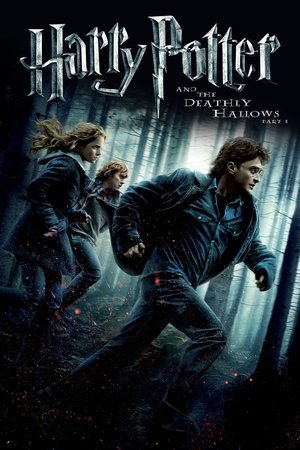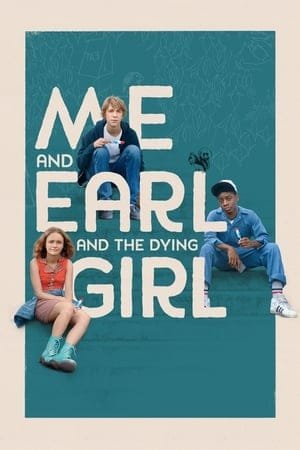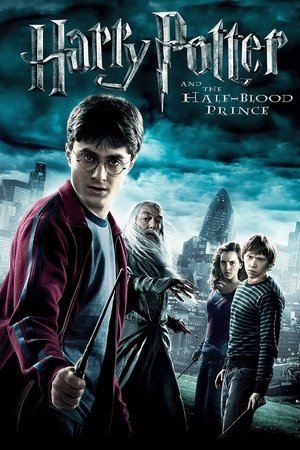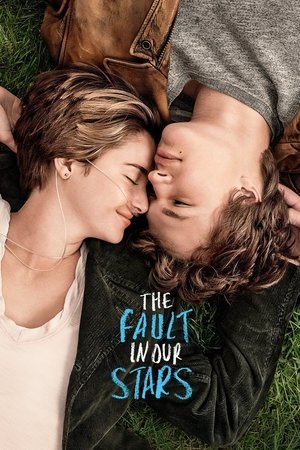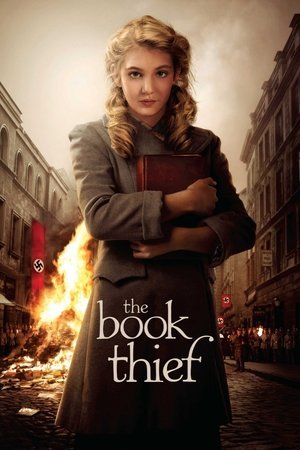Based on young adult novel Movies and TV Shows – Explore Epic Stories & Anime
From Page to Screen: The Enduring Appeal of Young Adult Adaptations
There's something inherently captivating about seeing a beloved book brought to life on screen. And when that book is aimed at young adults – that liminal space between childhood and adulthood, brimming with angst, discovery, and the desperate search for identity – the potential for cinematic magic feels even greater. But why do these adaptations resonate so strongly? It’s more than just nostalgia; it's about tapping into universal themes of growing up, finding your place, and confronting difficult truths.
Think back to The Wizard of Oz, often considered a foundational text in this genre (even if predating the modern YA boom). Dorothy’s journey isn’t just about escaping Kansas; it’s about realizing that what you seek is often within yourself, a powerful message for anyone navigating life's uncertainties. And while the 1939 film leans heavily into the musicality of the stage production (a fascinating choice!), its core themes – belonging, courage, and self-discovery – remain timeless.
The trend continued through decades, but the modern YA adaptation really hit its stride with films like How to Train Your Dragon. It's a brilliant example of how a seemingly simple story about a boy and his dragon can explore complex issues of prejudice and understanding. Hiccup’s journey mirrors so many young people’s experiences – challenging ingrained beliefs, forging your own path, and finding strength in unexpected friendships. It’s that willingness to tackle bigger ideas within the framework of an accessible narrative that makes these films so appealing.
Then you have something like The Hunger Games: Sunrise on the Reaping, which takes a darker turn. These dystopian narratives often reflect anxieties about societal structures and power dynamics, offering a lens through which young audiences can grapple with complex political issues – something particularly relevant in today’s world.
Even lighter fare, like The Kiss List, demonstrates how YA adaptations are evolving to address contemporary concerns. The film's exploration of social media’s impact on reputation and identity feels incredibly timely, while also tackling themes of sexuality and acceptance with a refreshing honesty. It shows that the genre isn't just about fantastical adventures; it can be a space for genuine self-reflection and understanding.
Ultimately, these films succeed because they offer a safe space to explore difficult emotions and experiences. They remind us that growing up is messy, complicated, and often painful – but also full of possibility and hope. And who doesn't want to see those stories brought to life on the big screen?



























